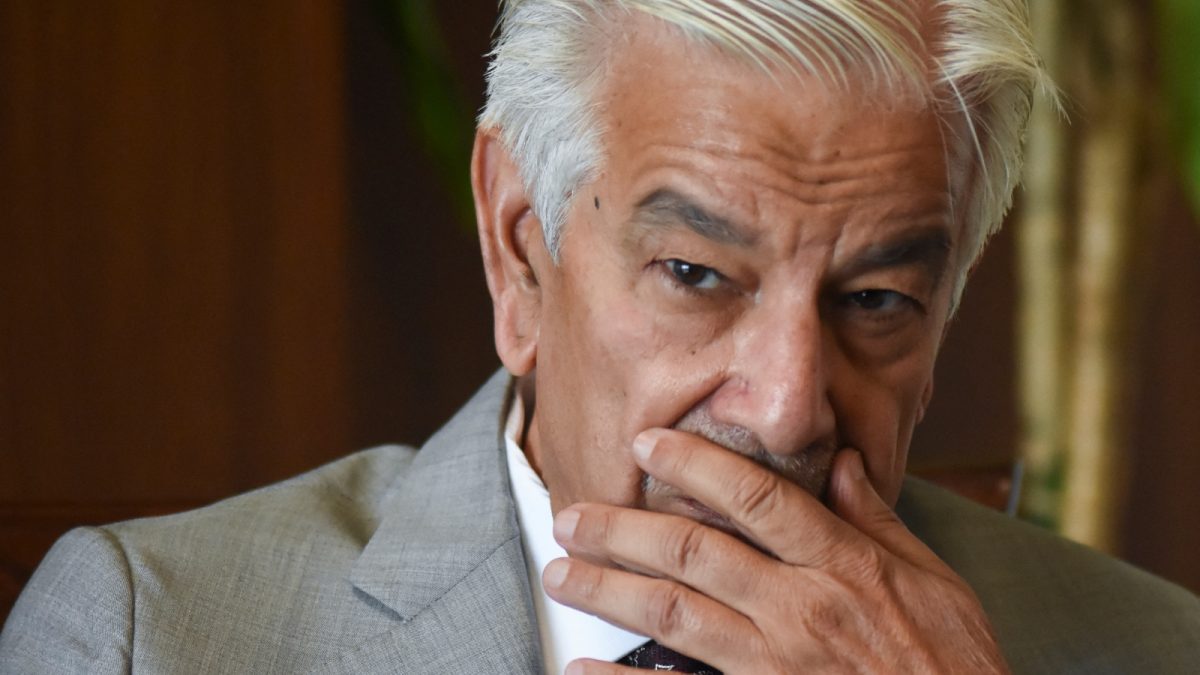Last Updated:
The exchange underscores the pervasive nature of the Pakistan military’s shadow over elected leadership

Khawaja Asif effectively prioritised his own political longevity and the survival of the current government over upholding the principle of civilian supremacy. File pic/Reuters
Pakistan’s civil-military power dynamic was laid bare during a recent interview where defence minister Khawaja Asif publicly refused to assert his constitutional authority over the Chief of Army Staff, General Asim Munir. The viral exchange on the Zeteo platform, with journalist Mehdi Hasan, has sparked intense debate on social media and among political observers, exposing the structural imbalance within the country’s so-called “hybrid” democratic model.
Recommended Stories
The critical moment came when Hasan posed a direct question challenging Pakistan’s democratic credentials. Citing the US system where the civilian Secretary of Defense can dismiss top generals, Hasan asked, “Can you, as Defence Minister, fire General Asim Munir?”
Asif’s response was a stammering evasion. He refused to provide a clear “yes” or “no”, instead stating that in the event of a disagreement with the Army Chief, decisions would be reached “by consensus” and that the arrangement was a “practical necessity”. His reluctance to assert civilian supremacy—granted in principle by the Pakistani Constitution—was immediately interpreted by top Indian intelligence sources and analysts as a deliberate act of political survival reflecting institutional reality.
According to these sources, Asif’s refusal was not merely a slip but a calculated avoidance of an impossible scenario. Any admission that he could fire General Munir would be a dangerous lie that risked an immediate, major backlash from the powerful military establishment. Conversely, a simple “yes” would also be an implicit dismissal of the fragile Shehbaz Sharif-led coalition government, which relies heavily on the military’s tacit backing to maintain stability against the opposition.
The exchange underscores the pervasive nature of the Pakistan military’s shadow over elected leadership. By opting for the “consensus” theory and refusing to declare himself the boss, Khawaja Asif effectively prioritised his own political longevity and the survival of the current government over upholding the principle of civilian supremacy, reinforcing the prevailing narrative that Pakistan’s democracy operates under the strict limits imposed by the army.
About the Author

Group Editor, Investigations & Security Affairs, Network18
Group Editor, Investigations & Security Affairs, Network18
September 27, 2025, 17:10 IST
Loading comments…
Read More



